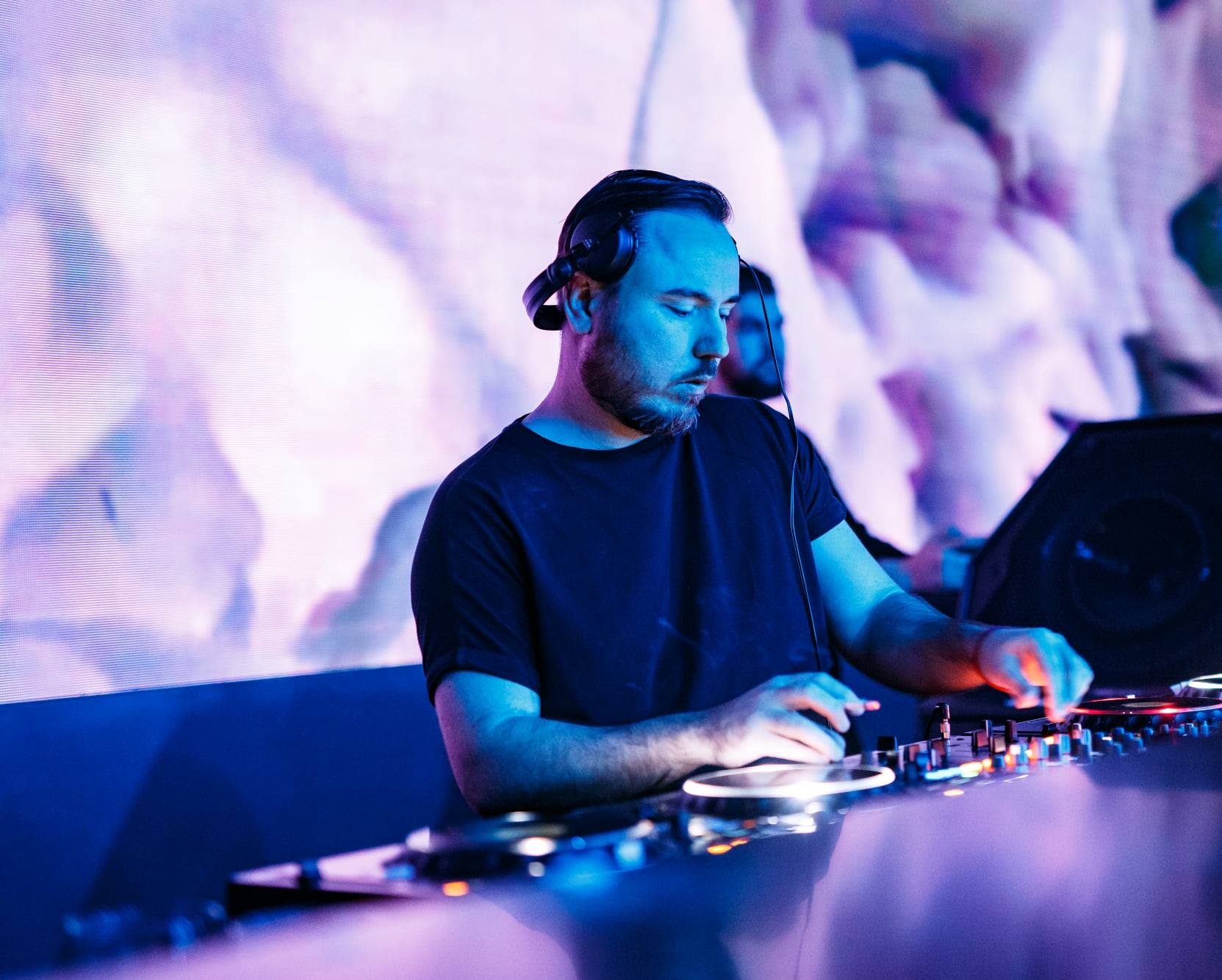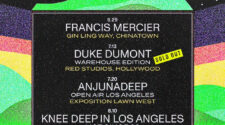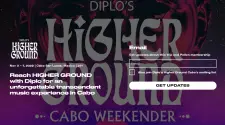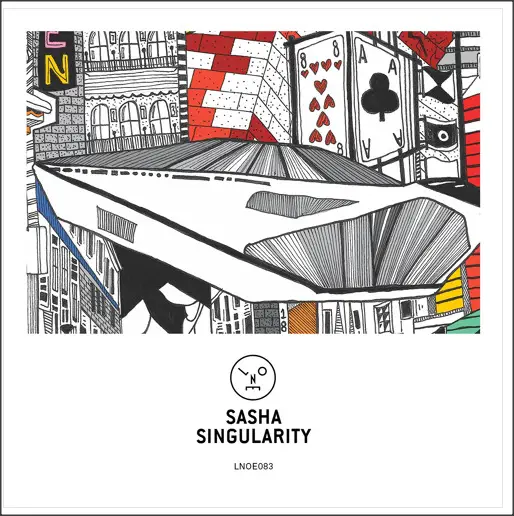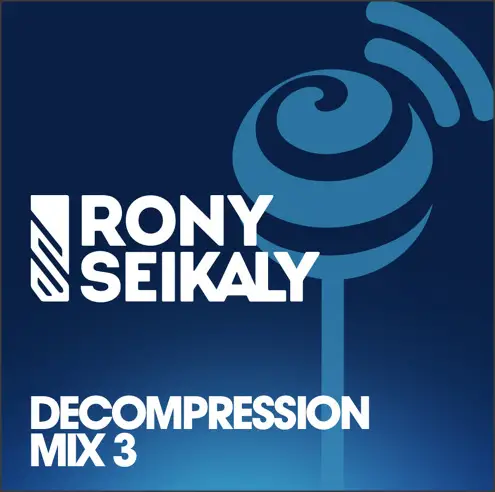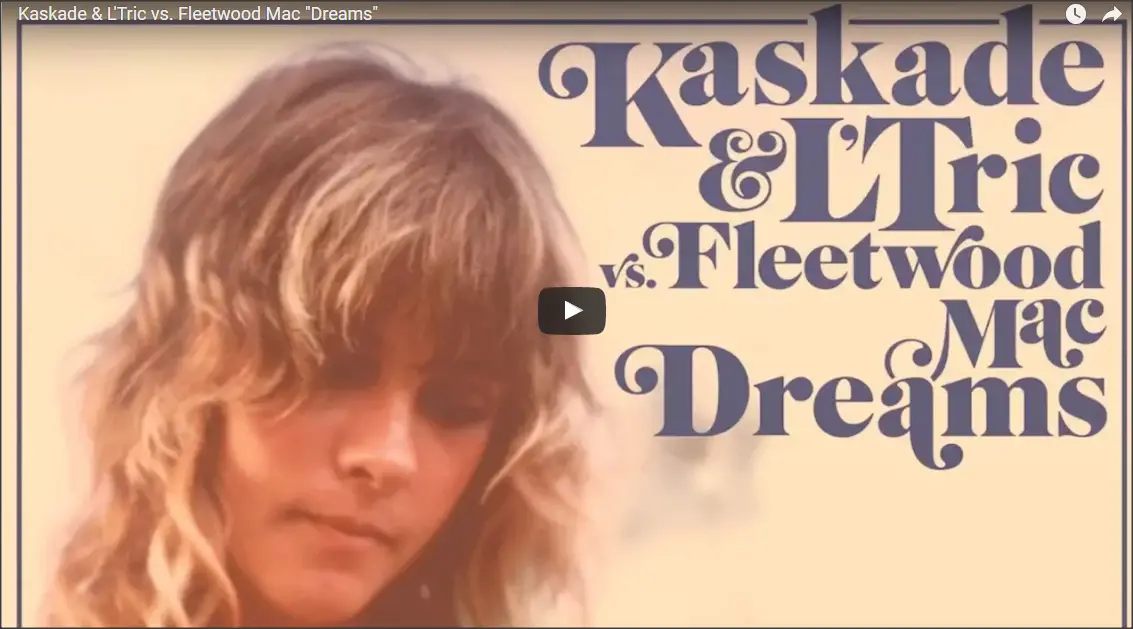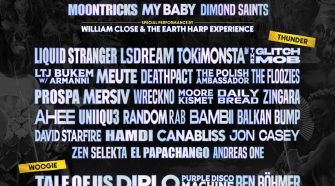The dance music realm has always been a dynamic and competitive landscape, with artists continuously striving to create innovative sounds that captivate audiences worldwide. However, recent remarks by acclaimed DJ and producer Duke Dumont have shed light on a contentious issue within the industry. Duke Dumont has called out certain DJs who refuse to play new tracks they perceive as competition to their own tracks, sparking discussions about professional camaraderie, artistic support, and the balance between competition and collaboration. According to Dumont there is a dj-only WhatsApp group where members discuss tracks NOT to play out they are considered competition.
The Ascent of Duke Dumont
Hailing from the United Kingdom, Duke Dumont, also known as Adam George Dyment, earned his reputation as a prolific musician with an uncanny ability to blend deep house, electronic, and pop elements. His career took flight in the late 2000s, marked by a series of chart-topping hits such as “Need U (100%)” and “Ocean Drive,” catapulting him into the limelight as a leading figure in the dance music scene.
The Revelation of a DJ Boycott
Revelations emerged concerning a group of DJs who were actively boycotting new tracks perceived as competition. These DJs purportedly held the belief that promoting tracks that might rival their own tracks would negatively impact their bookings and songs, diminishing their securing coveted gigs and opportunities.
Reasons behind the Boycott
The reasons cited by DJs participating in the boycott were multi-faceted. Some argued that in a fiercely competitive market, it was essential to maintain an edge by avoiding playing tracks that might divert attention from their own releases. They believed that by showcasing only their original productions or exclusive works, they could strengthen their individual brand and retain a dedicated fan base.
Additionally, these DJs expressed concerns over diluting their unique musical identity. They contended that playing tracks created by their peers might blur the lines between their distinct styles, potentially leading to confusion among their audience and critics alike.
Duke Dumont’s Reaction
Duke Dumont, upon learning about the DJ boycott, expressed disappointment over the lack of solidarity and support within the dance music community. He argued that artistry and creativity should not be stifled by an environment of cutthroat competition, but rather nurtured through shared passion and respect for the craft.
In response to the boycott, Duke Dumont urged his fellow DJs to embrace a more collaborative approach, emphasizing that celebrating and uplifting each other’s work would contribute to the growth and vibrancy of the entire industry. He encouraged artists to recognize that playing new and exciting tracks, regardless of the source, ultimately benefits dance music culture as a whole, fostering a spirit of cooperation and mutual appreciation.
The Impact on Dance Music Culture
The revelation of DJs boycotting tracks perceived as competition has sparked polarizing reactions within the dance music community. On one hand, proponents of the boycott argue that it safeguards the individuality of artists and their ability to carve out a unique niche in an increasingly crowded market. They believe that focusing on personal productions allows DJs to stand out, ultimately benefiting their careers.
Conversely, critics argue that such a boycott may lead to an insular and divisive environment, hindering the genre’s potential for growth and evolution. Embracing new and diverse sounds, they assert, fosters a spirit of creativity and unity, promoting collaboration and cross-pollination of ideas that can elevate the dance music experience for both artists and fans.
Duke Dumont’s recent comments regarding DJs boycotting new tracks deemed as competition have sparked an essential conversation within the dance music industry. As the genre continues to evolve, striking a balance between healthy competition and collaborative support remains paramount. By championing an environment of inclusivity and camaraderie, artists can collectively elevate the dance music culture, transcending individual interests to create an enduring and thriving musical landscape.

